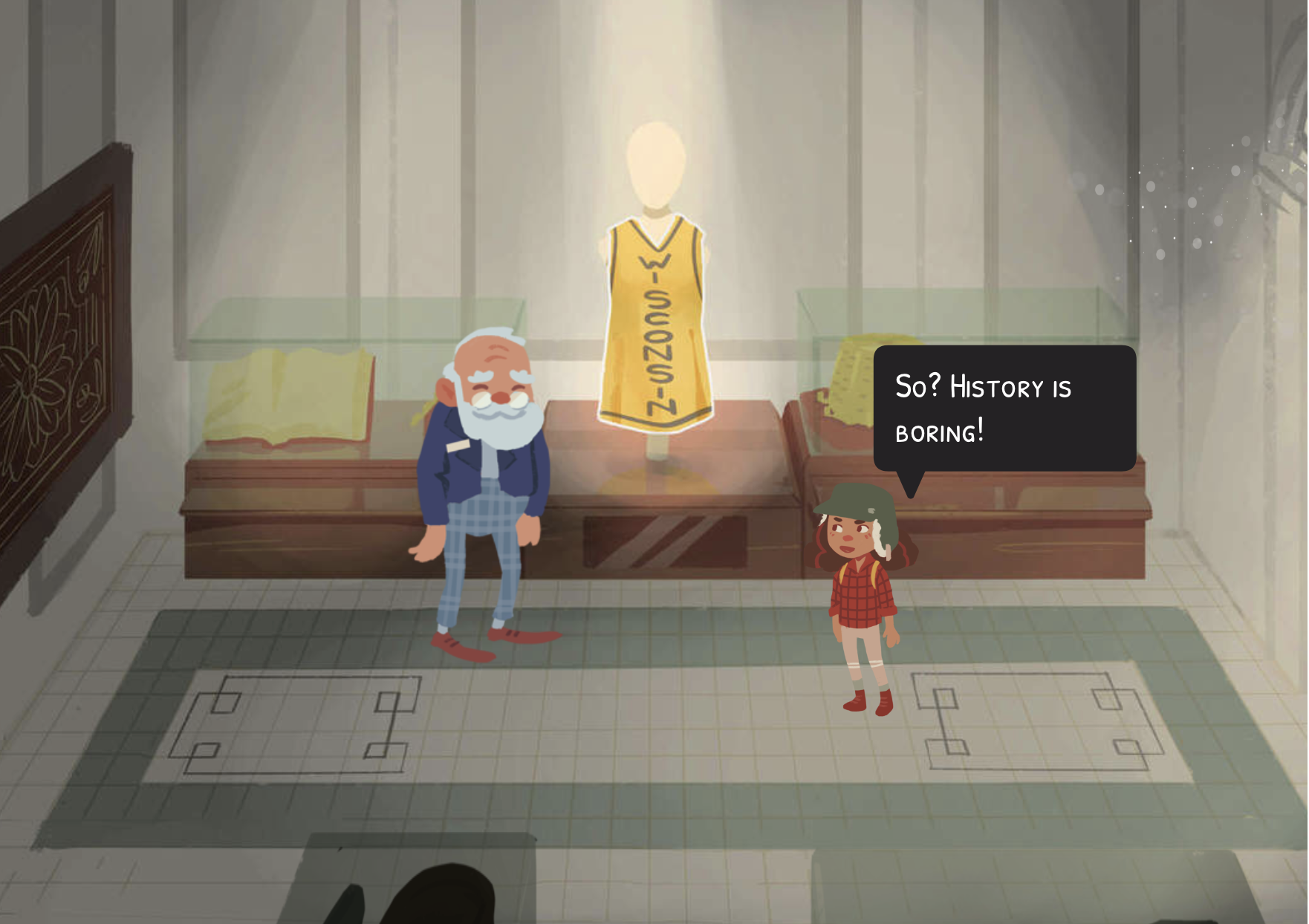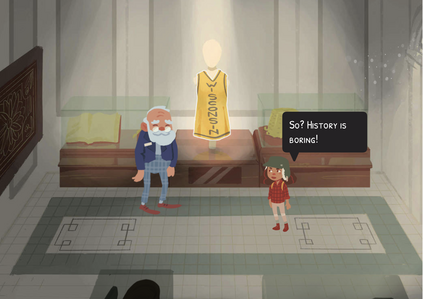In this paper we use an existing history learning game with an active audience as a research platform for exploring how humor and "snarkiness" in the dialog script affect students' progression and attitudes about the game. We conducted a 2x2 randomized experiment with 11,804 anonymous 3rd-6th grade students. Using one-way ANOVA and Kruskall-Wallis tests, we find that changes to the script produced measurable results in the self-reported perceived humor of the game and the likeability of the player character. Different scripts did not produce significant differences in player completion of the game, or how much of the game was played. Perceived humor and enjoyment of the game and its main character contributed significantly to progress in the game, as did self-perceived reading skill.
翻译:在本文中,我们使用现有历史学习游戏,以活跃观众为研究平台,探索对话文稿中的幽默和“snarkiness”如何影响学生的进步和对游戏的态度。我们与11,804名匿名3-6年级学生进行了2x2随机实验。使用单向的ANOVA和Kruskall-Wallis测试,我们发现对剧本的修改在自报的游戏感知幽默和玩家的相像性方面产生了可衡量的结果。不同的脚本并没有在游戏玩家完成或游戏玩到多少方面产生重大差异。欣赏的幽默和欣赏游戏及其主要特点极大地促进了游戏的进展,自我体验的阅读技巧也是如此。






